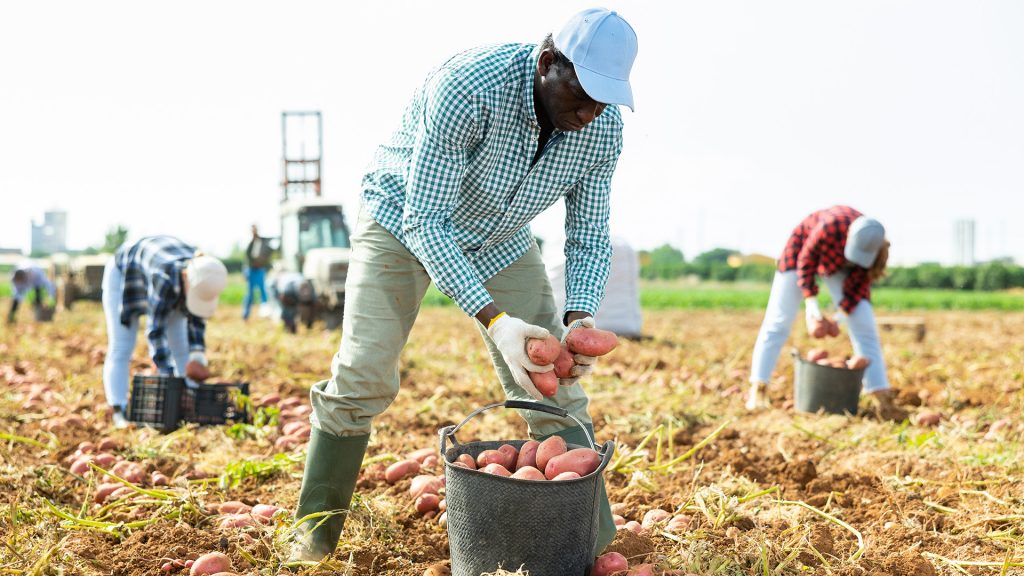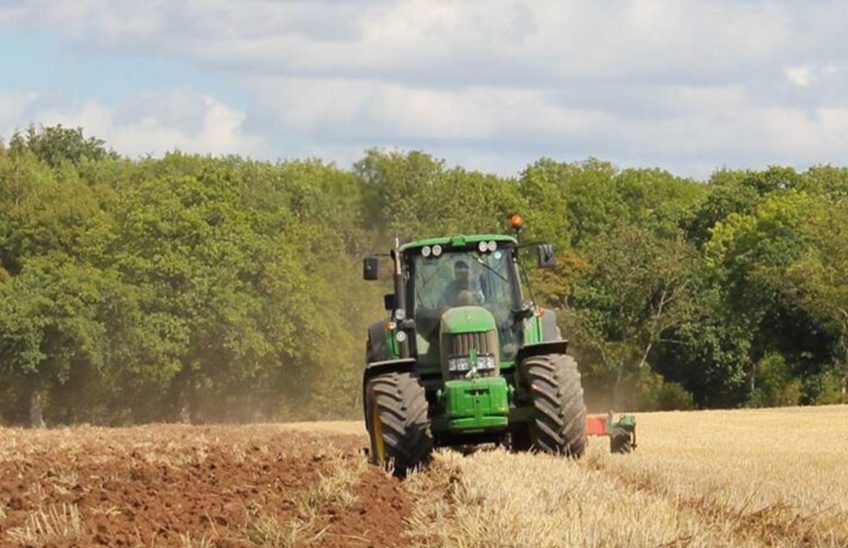The Department of Electrical and Electronic Engineering at Stellenbosch University partnered with the Technical University of Munich (TUM) in Germany to develop an electric tractor.
The GlobalDrive Project has a big goal: to create a self-sufficient solar charging system that can power tractors for off-grid agriculture. With funding from the Department of Science and Innovation through SANEDI and the European Union (EU), the project started in May as a part of the larger SolChargE initiative.
Leading the team is Prof Thinus Booysen of the Department of Electrical and Electronic Engineering (EE), who also holds the research chair in the Internet of Things.
Background
Africa is home to 55 million small-hold farmers with minor amounts of mechanisation. The GlobalDrive Project is focused on developing an electric tractor specifically designed to benefit smallholder farmers, making their business operations easier and more profitable.
Since these farmers often operate in remote areas with limited access to quality fuel and infrastructure, an electric tractor powered by solar energy provides a practical solution to their needs.
By harnessing the power of the sun, these tractors can operate efficiently even in areas with weak infrastructure, bringing greater convenience and sustainability to smallholder farming.

Forming A Partnership
Eight TUM students visited Stellenbosch in May, where the students and their supervisors collaborated on ideas for an electric tractor.
“Every student had a part to play in the pipeline that culminated not only in a fully functioning electric tractor prototype but also in important analyses of the feasibility of and challenges surrounding such a tractor”
Jacques Wust, team member and master’s student in Electronic Engineering
Next, during the EE teams’ visit to Germany, the electric tractor prototype was constructed from scratch, with the team providing assistance in finalising the details. While the German team focused on perfecting the electric tractor itself, the team also thoroughly explored potential solar-powered charging systems that could enhance the tractor’s performance on farms.
The Results
To conduct their analysis, the team utilised real-world GPS tracking data obtained from tractors operating on a farm in the Western Cape. Additionally, they incorporated solar irradiance data specific to the area for their simulations.
The results indicated that in certain cases, using a solar system in conjunction with charging from Eskom may not always be cost-effective. However, incorporating solar power can still yield significant reductions in carbon emissions. Ultimately, the team firmly believes that electric tractors are the way forward for sustainable farming practices.
Read the full story at: https://www.engineeringnews.co.za/article/stellenbosch-german-universities-to-develop-electric-tractor-2023-08-25





